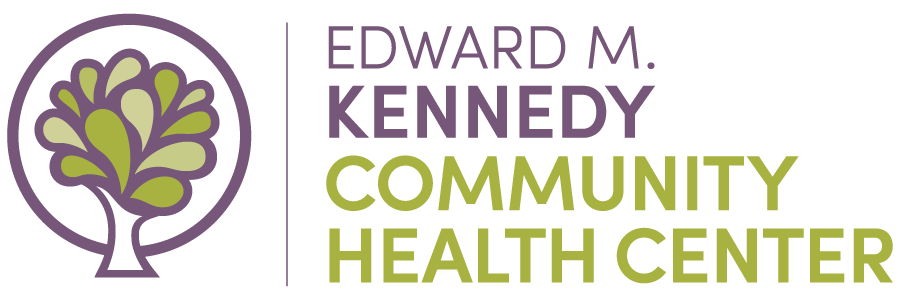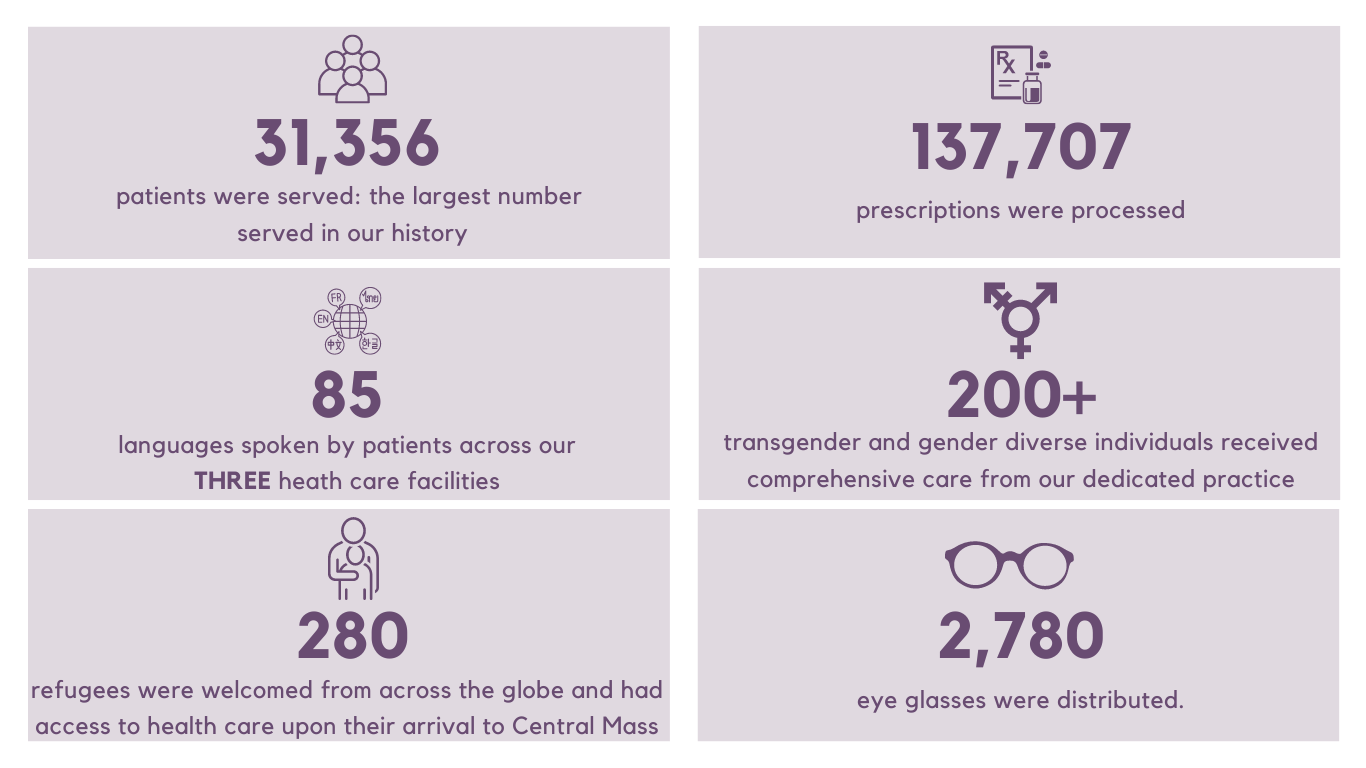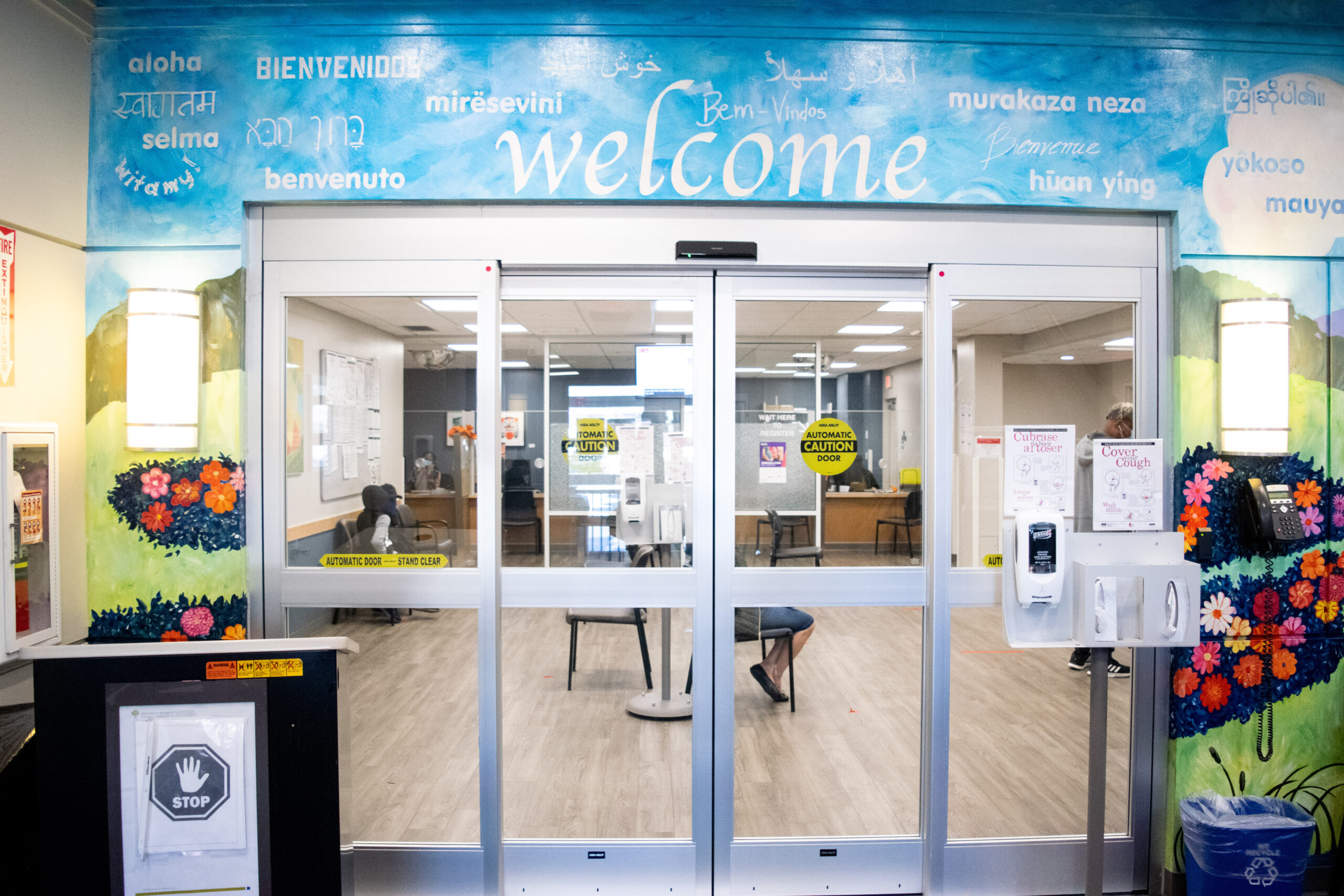While the new year is well underway, I wanted to take one last opportunity to highlight the incredible work our Kennedy Community Health staff has done to ensure members of our communities live healthier lives.
Those of you who know me know I love numbers, particularly when they tell powerful stories.
2022 marked Kennedy Community Health’s 50th anniversary and I couldn’t be more grateful to those who made that milestone possible. When Kennedy Community Health was founded in 1972 as the Great Brook Valley Health Center, our seven Founding Mothers were determined to break the status quo and provide care to a population that had been too often overlooked by the area’s healthcare delivery system.
Fifty years later, I am proud to say that Kennedy Community Health continues to provide care to all who walk through our doors, regardless of age, race, religious beliefs, immigration or coverage status.
In 2022, we saw 31,120 patients, the largest number served in our history. That on its own is a soaring achievement. But then, when we dig deeper, we find that our teams provided care in 85 languages across our three medical facilities. Among these individuals were 280 refugees from countries across the world, brought to us through our Refugee Health Assessment Program, one of only ten in the Commonwealth.
Kennedy Community Health increased its standing as a leader in LGBTQIA+ health care equality and now sees 163 patients by our transgender care team, providing these individuals with gender affirming hormone therapy and comprehensive health care and social services. This number has almost doubled since the team’s creation two years ago and we look forward to continuing to provide gender affirming care to all who need it.
As part of Kennedy Community Health’s comprehensive model of care, patients may have their prescriptions filled at our health centers and we processed 137,307 prescriptions over the last year. We also distributed 2,708 glasses through our Optometry programs.
Our insurance navigation services and community health workers partner with patients and medical providers to advance our goal of excellent health outcomes for all, as we recognize that health is affected by a variety of outside factors. Our team of Navigators completed 2,370 insurance applications, 1,546 insurance renewals and provided 14,277 assists with health insurance needs.
These numbers should make us proud. Prouder still because behind them are happy, healthier patients who are even more dedicated to this, their community health center.
We want to thank our patients and our community who understand the value of quality health care and we look forward to the future as we continue to help all people live healthier lives.
Yours in health,

Stephen J. Kerrigan, President and CEO








